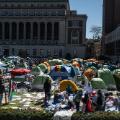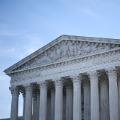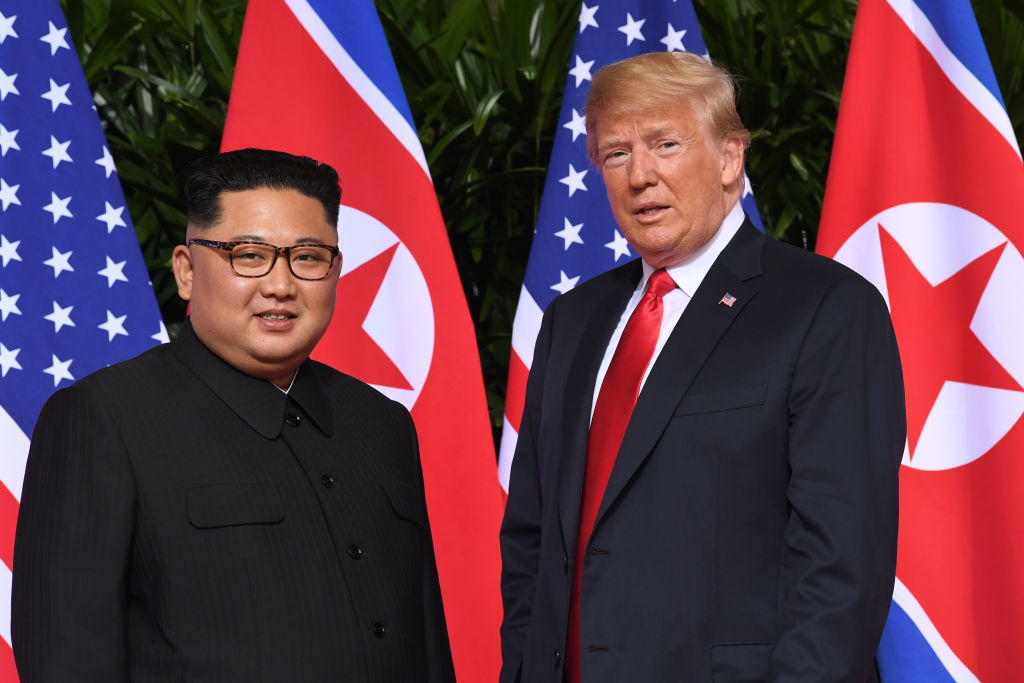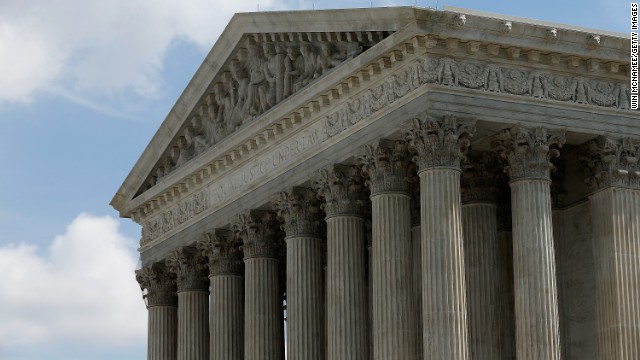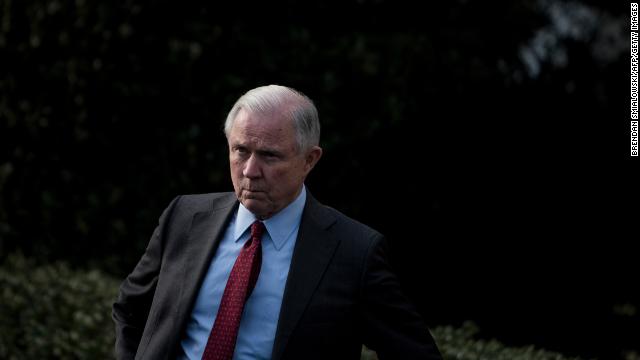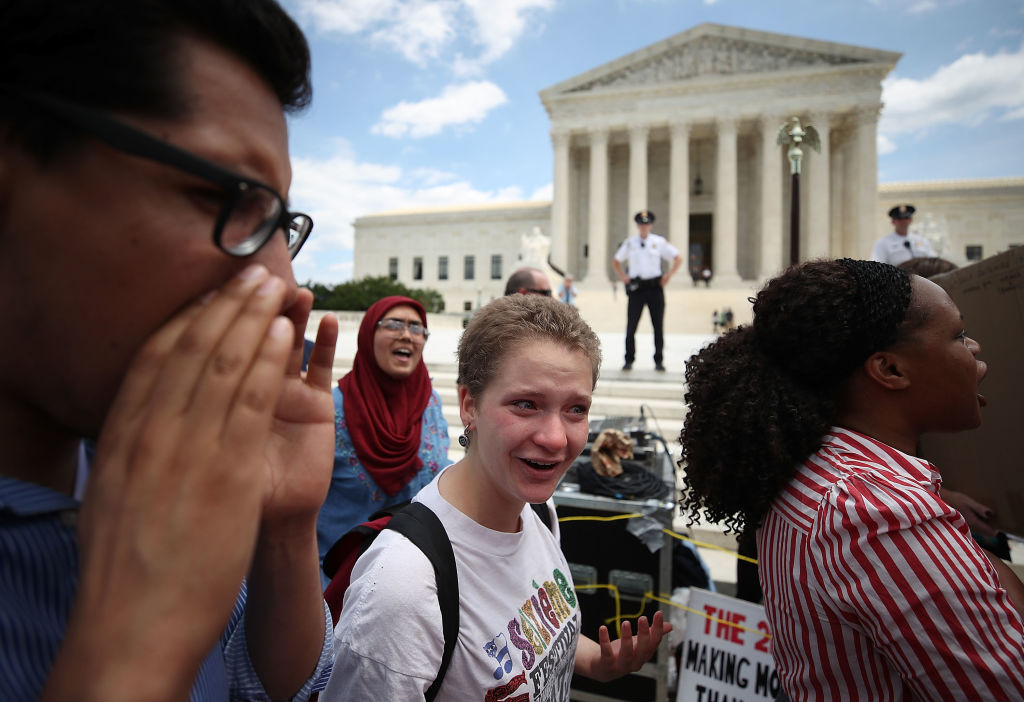
The Supreme Court upheld President Donald Trump's travel ban, which restricts entry from seven countries to varying degrees: Iran, North Korea, Syria, Libya, Yemen, Somalia and Venezuela.
Here's everything you need to know:
- The ruling: It was 5-4 along partisan lines, with Chief Justice John Roberts writing for the conservative majority. "The Proclamation is squarely within the scope of Presidential authority," Roberts wrote.
- The dissenting opinion: Justice Sonia Sotomayor, in a blistering dissent, said the court was wrong to ignore Trump's various comment on the ban. She also compared the court's opinion to one that came down in 1944 in which the court blessed the internment of Japanese-Americans during World War II. That case is Korematsu v. United States.
- An unusual step: Chief Justice John Roberts declared that the 1944 case, Korematsu v. United States, was no longer good law and was wrongly decided. It is the first time the Supreme Court has ever made this public determination.
- The reaction: The American Civil Liberties Union and Democratic lawmakers strongly denounced the court's ruling.
- What Trump said: He called the ruling "a tremendous victory for the American People and the Constitution" and said he felt vindicated.


